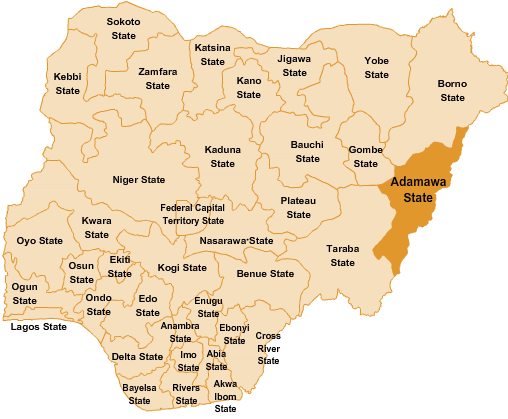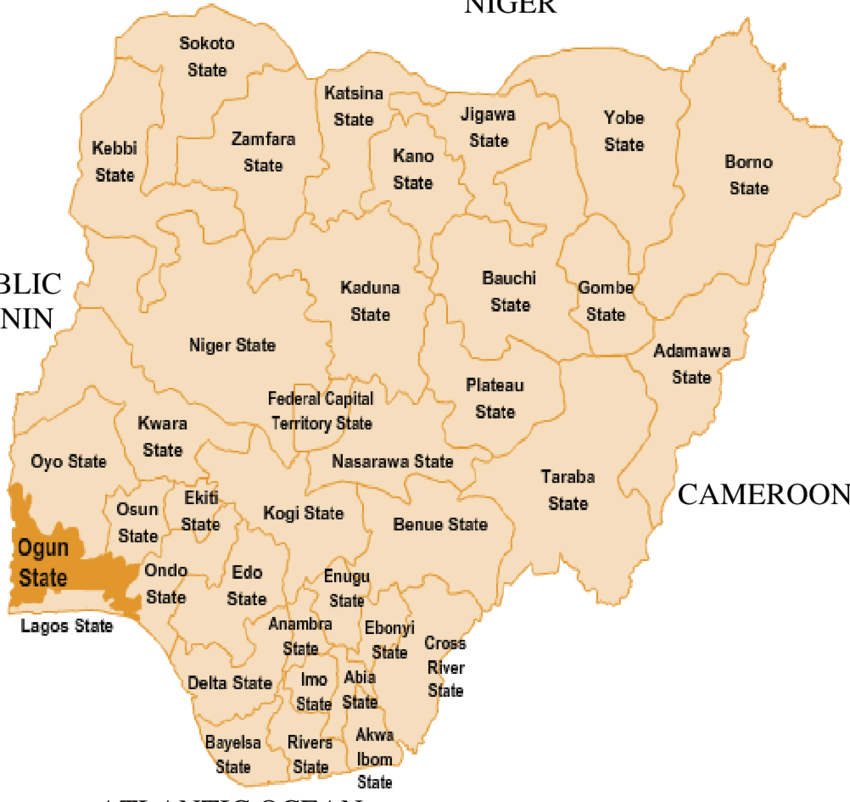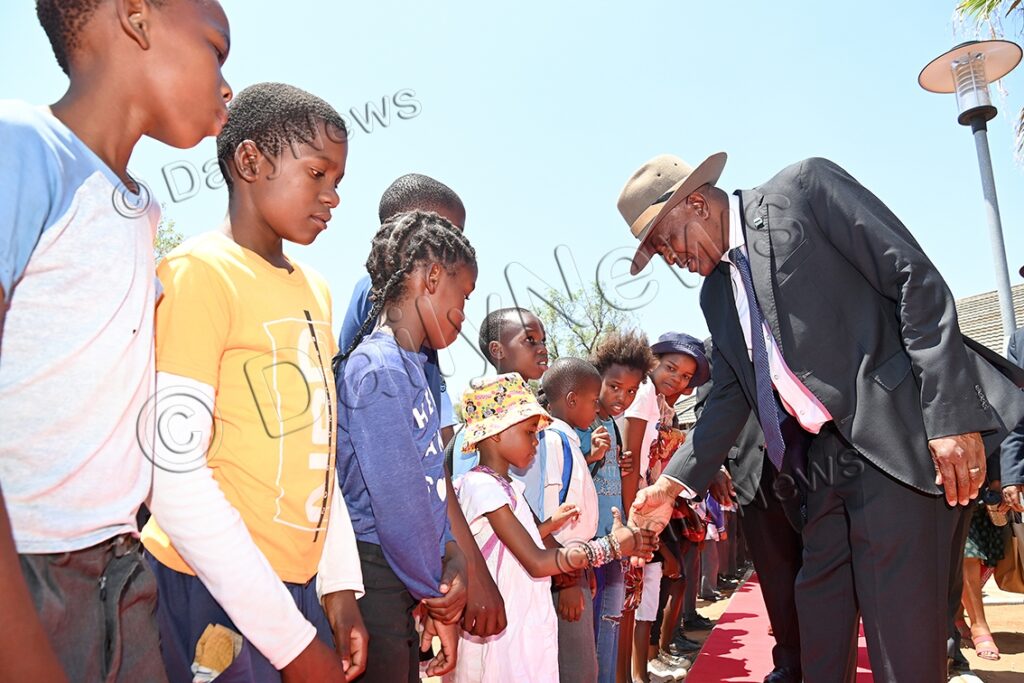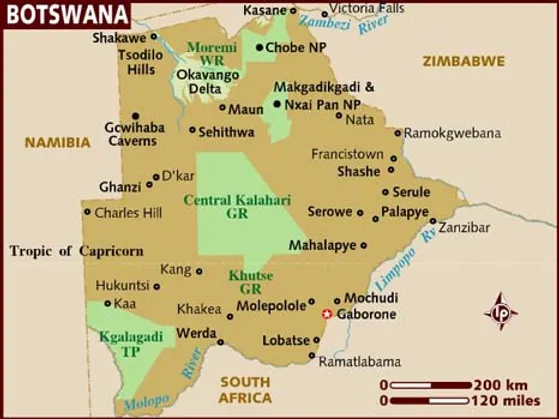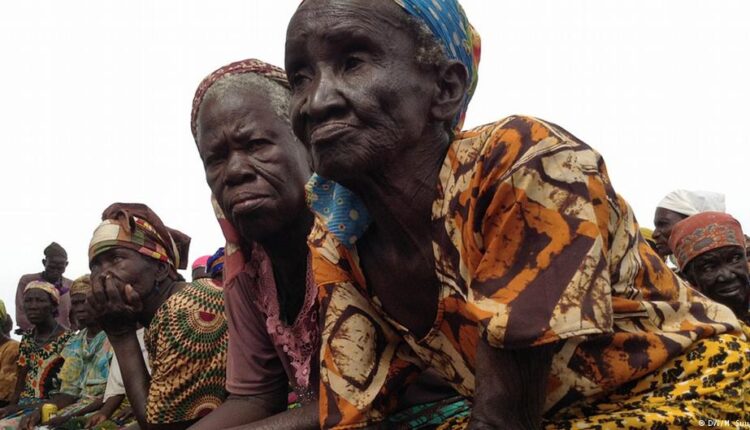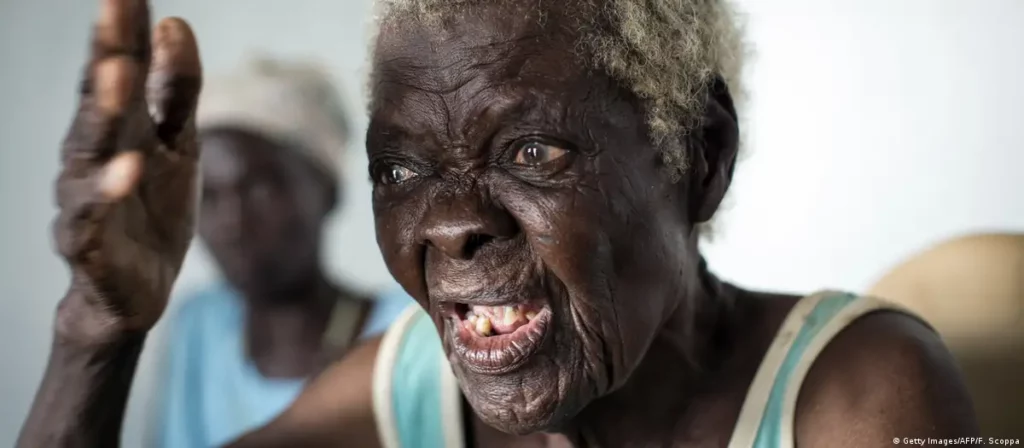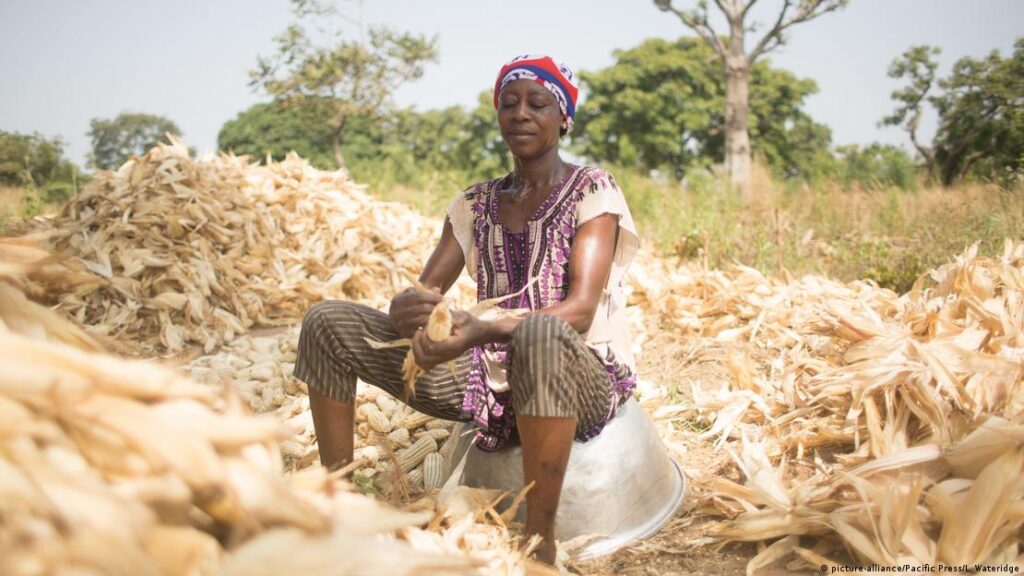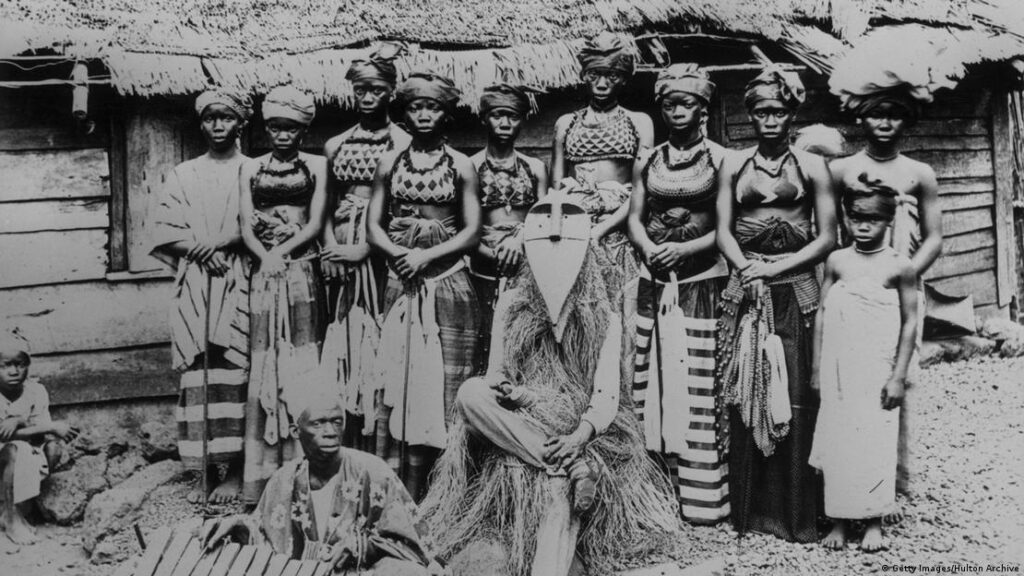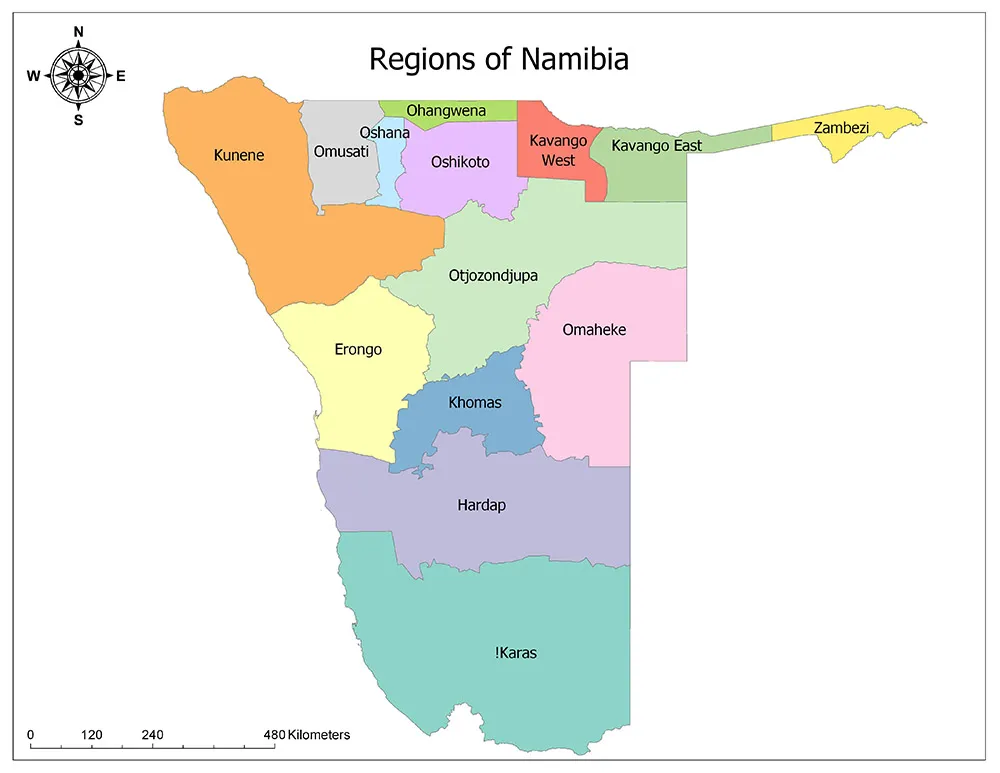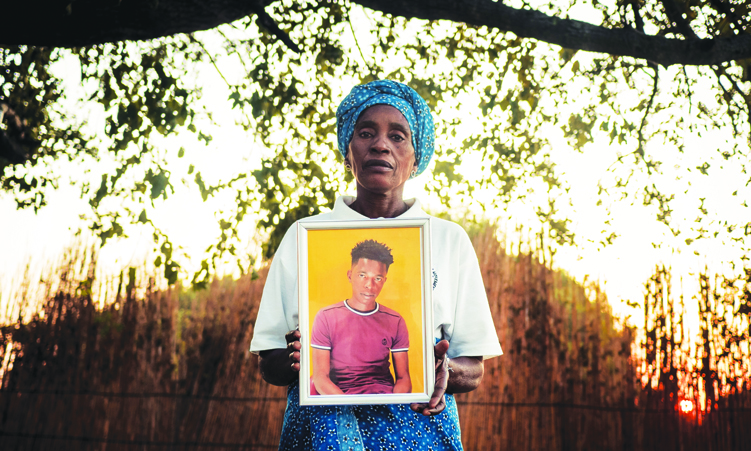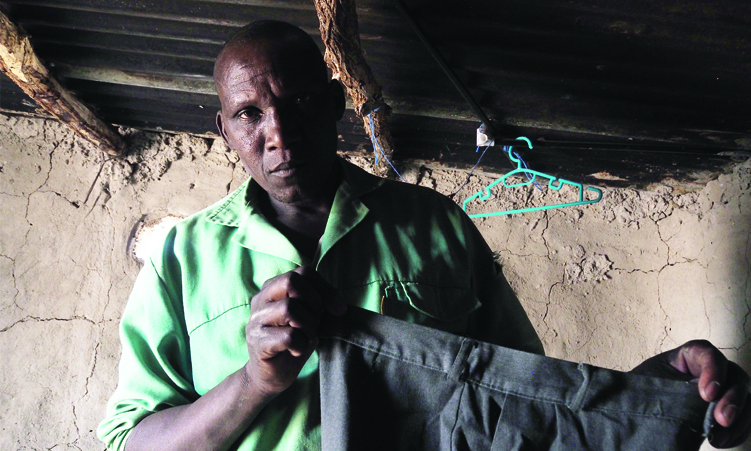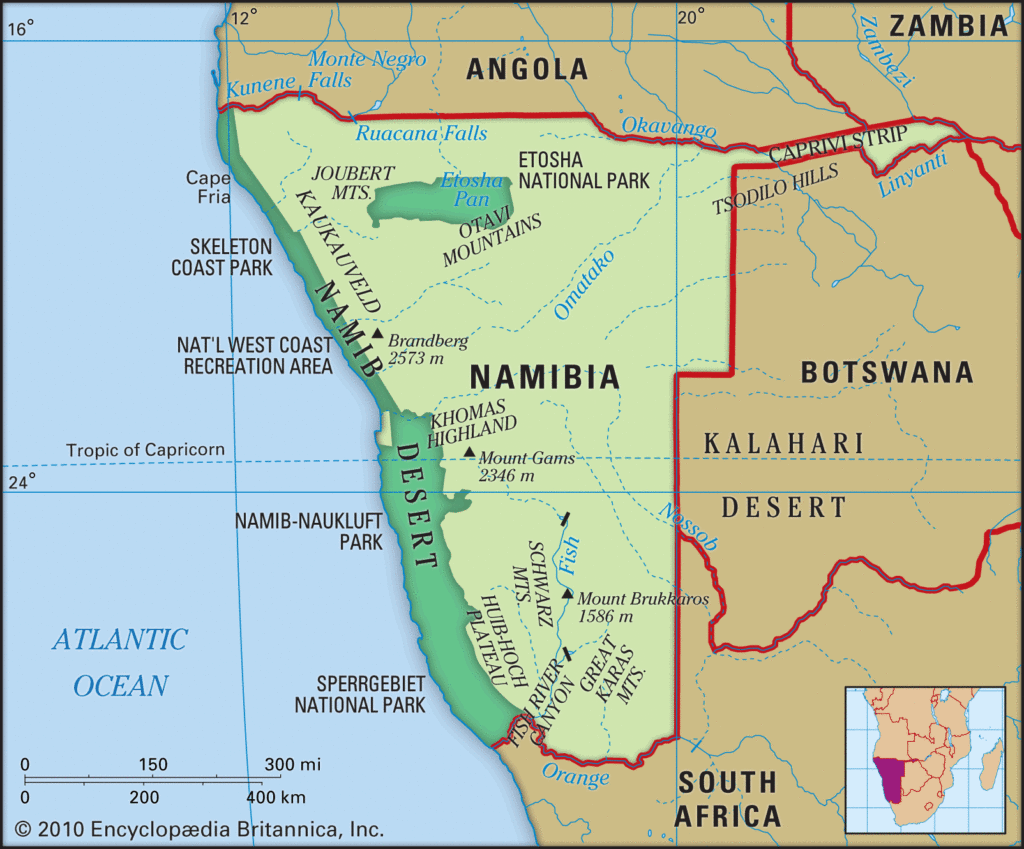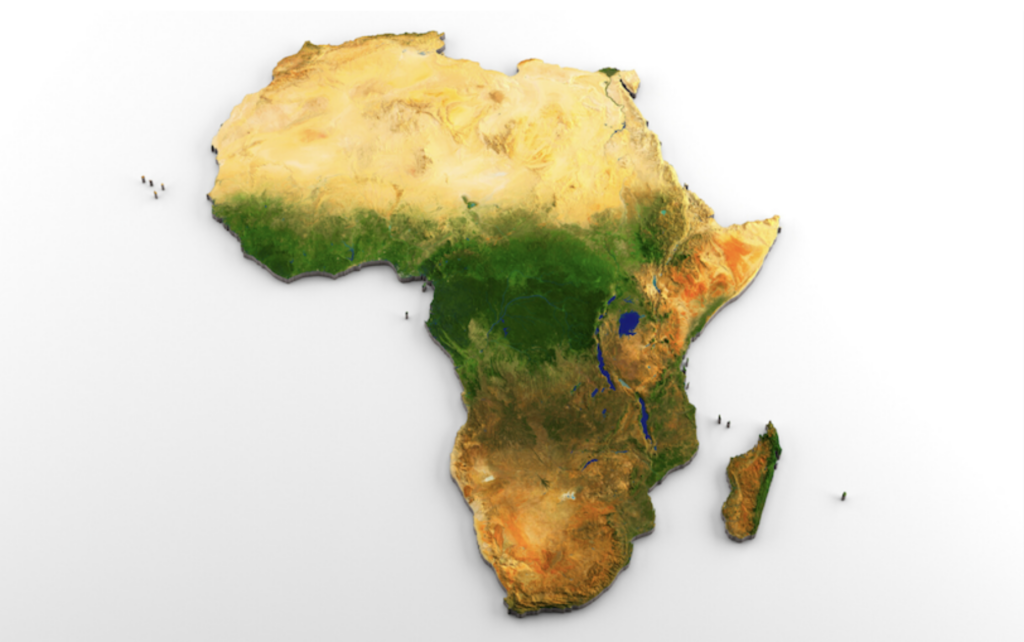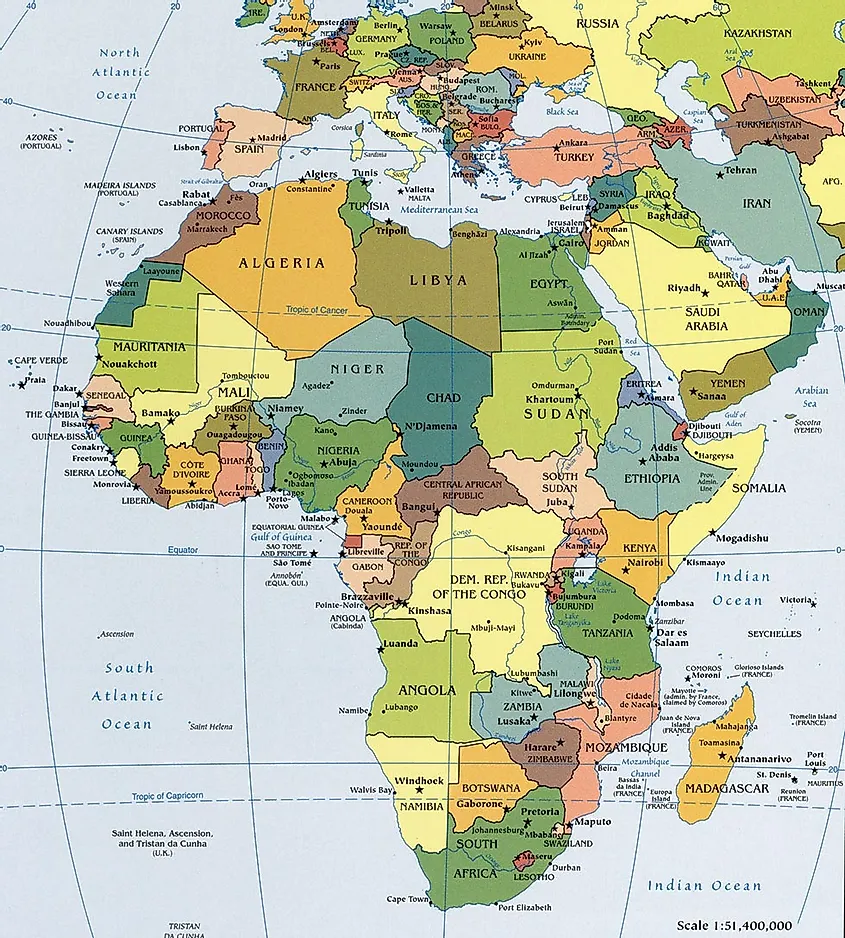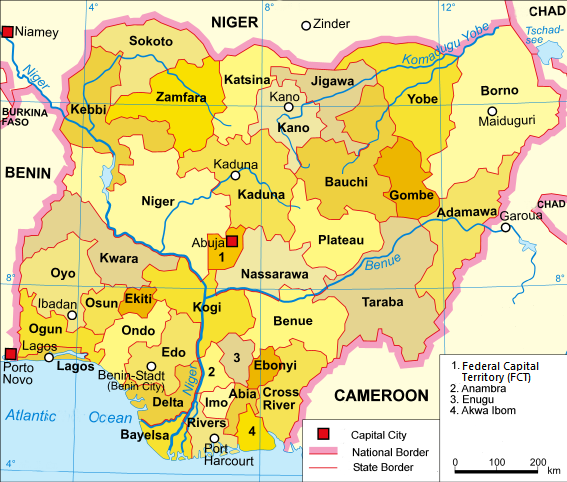In February of the current year the Ugandan police launched the Annual Crime Report for 2023.
I was triggered and started searching the internet for the Crime Report after reading a recent article in the Monitor, an Ugandan online newspaper, entitled: The grim badge of human sacrifice. Unfortunately, the access to the article is restricted to subscribers (click here).
Readers interested in the article’s full contents may register and thus obtain access. The article’s beginning is quite revealing and stimulated my interest:
“The discovery of huge number of human skulls in shrines across the country shows how widespread the use of body parts is in ritualistic practices.
The police 2023 crime report show that ritual killings nearly doubled from 46 cases in 2021 to 84 cases in 2023, and increased at around 17 per cent …”



Published: February 21, 2024
By: Mpalangi Ssentongo, Depuy Photo Editor – New Vision, Uganda
The article contains a large number of photos but unfortunately hardly any relevant information.
Source: PICTURES: Police launches 2023 annual crime report
I was triggered by the scarce information on crimes for ritualistic purposes in the above cited articles and started searching on the internet.
Luckily, my search was rewarded!
On the website of the Ugandan Police Force I traced an article, published February 23, 2024 Annual Crime Report 2023 containing the full contents of the report.

The Inspector general of the Uganda Police Force, J.M. Okoth-Ochola (Esq), stated in his introductory remarks:
“It is my pleasure to present the Uganda Police Force Annual Crime Report for 2023 so as to account to the population on how the Uganda Police Force is fulfilling its mandate as stipulated under Article 212 of the Constitution of the Republic of Uganda.
In 2023, we note that there was a 1.5% decrease in the number of crimes reported to Police from 231,653 cases reported in 2022 to 228,074 cases. I take this opportunity to express my sincere gratitude to those who were able to lodge their complaints at various stations of the Uganda Police Force in the year 2023. It is these reported complaints that enable us compile Annual Crime Reports.
Relatedly, the force has focused on strengthening discipline and adherence to human rights by introducing disciplinary courts in all districts across the country. The introduction of disciplinary courts marks a significant milestone for the Uganda Police Force. These courts aim at enforcing discipline within the force, ensuring that officers adhere to professional standards and human rights. For instance, out of 933 complaints of human rights violations by the police, 794 were thoroughly investigated.”

It is a very interesting report. I will focus here on the crimes with ritualistic motives. Readers interested in other issues are advised to consult the report.
The population of Uganda by mid-2023 was estimated at 45,562,000 people. The reported number of homicides between 2019 and 2023 varied between 4,718 cases in 2019, 3,912 in 2021 and 4,248 in 2023 (Table 6, p.33).
Table 16 on p.47 gives us more details:

Here I single out two crime categories: murder by mob action (number 2) and ritual murders (number 10).
Paragraph 1.3.4.2 provides more details with respect to murders by mob action (Table 19, p.49). Unfortunately, no details are provided with respect to ritualistic crimes. On p.117 mention is made of ‘Disturbing the peace of the dead’ which may refer to a kind of criminal activities related to witchcraft and ritualistic practices but the report does not provide further details. Appendix I: Crimes by crime analysis, however, gives us some insight in ritualistic murders and the number of persons taken to court (p.130).

So we notice that in 1.8% of the reported cases of mob action witchcraft triggered the action: 18 out of 1,039 cases. Interestingly, more men than women were killed in such ‘jungle justice’ actions: 11 respectively 5. However, it cannot be ruled out that the category ‘Any other’ (Number 6) which represents more than 20% of all reported cases – and took the lives of 228 persons – also includes actions triggered by accusations of witchcraft.

We have seen above (Table 16) that the number of reported murders for ritualistic purposes in the 2021 – 2023 period were 46 (2021), 72 (2022) and 84 (in 2023) which means it nearly doubled between 2021 and 2023.
Appendix I shows that only 11 cases out of the 84 reported cases in 2023 led to the trial of the suspected ritual killers. In all, 18 accused stood trial: 14 men and 4 women. All trials were pending in court at the time of publication of the 2023 crime report.
The Ugandan authorities are to be commended for publishing such a detailed report providing insight in the motives and background of crimes committed in the country. As fas as ritualistic murders are concerned more research and analysis is needed to get a full picture of these outdated and horrific crimes which have no place in a modern society.
Uganda: The grim badge of human sacrifice










